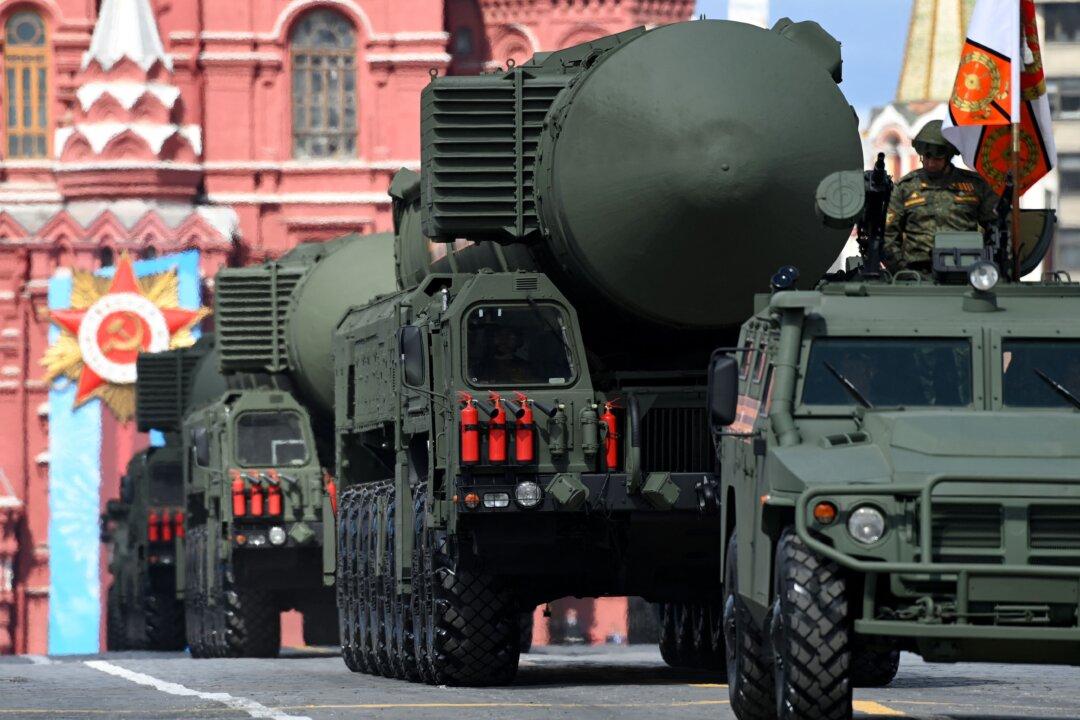Russia’s Foreign Minister Sergei Lavrov said Thursday he does not “want to believe” the conflict in Ukraine will spiral into a nuclear war, while claiming that the West had an unhealthy fixation with the issue.
Lavrov made the remarks at a press conference following Russia–Ukraine peace talks on the sidelines of a diplomatic summit in Antalya, Turkey.





